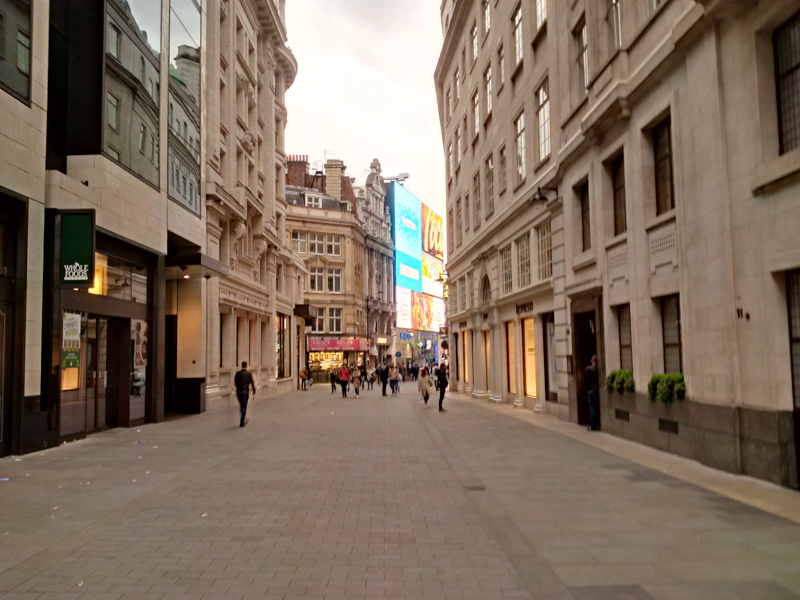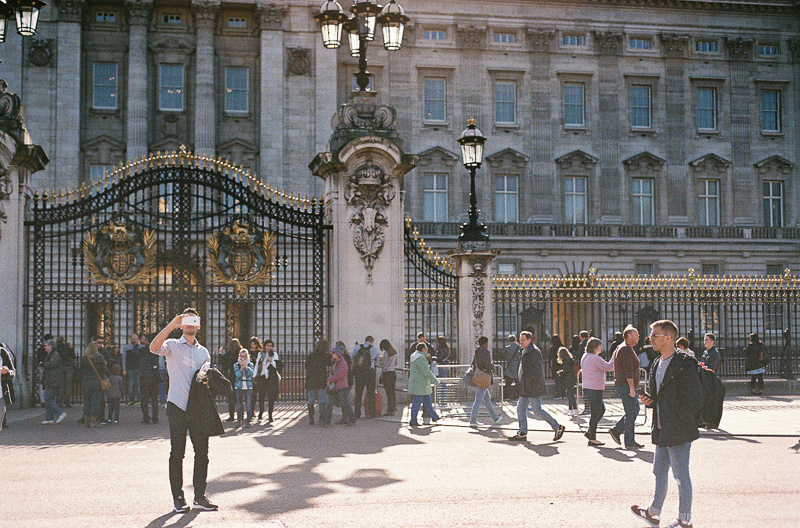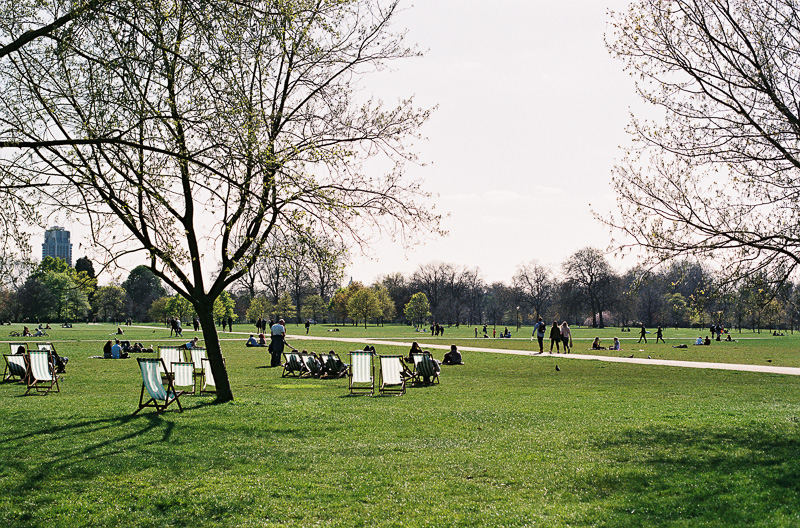Get your UK visa
Before arriving in the UK you need to figure out what type of visa you will need. Sponsorship visas can be hard to get but if you’re from a Commonwealth Country and under 35/30, depending on your Nationality, you may be able to get a working holiday visa. Those with British Grandparent(s), Parent(s) might be eligible for an Ancestry visa or even Citizenship by descent. Well worth looking into if you have family in or from the UK.
The different visas will have varying financial requirements, make sure you have enough savings to be eligible for your visa. Also, moving to the UK, and London in particular, is expensive. If you are looking for a job when you get there you will burn through any savings fast.
Opening a UK bank account
Once you do get there you’ll need a bank account. Opening an account at one of the high street banks can be difficult if you don’t have an address, although not impossible – it has been done. Consider opening a GBP account with one of the online banks such as Wise to use when you first arrive – check out my reasons for using Wise here. You can set up a UK bank account number to receive wages into and transfer money to and from your home Country with much cheaper rates than the traditional banks do.
Get a National Insurance (NI) number
Make sure to get your NI number as soon as possible, you’ll be on the right tax rate when you start work. I had to book an appointment in person with job centre to get mine, other people I know were sent one as they had done the paperwork as part of their visa application. Check which applies to you as requirements can change over time.

Find your first job in London
Finding your first job in London can be tough. If you are in a high demand industry you may just be able to put you are looking for work on LinkedIn and get job offers that way. For everyone else, agencies are probably the way to go. Find an agency that specialises in your industry and go from there. There are lots of jobs in London but unless you have contacts, you probably don’t if you’ve just arrived, it can be difficult. An employment agency is probably the best way to gain those first contacts for most people.
Finding a flat in London
Finding somewhere to live is the next hurdle in the Capital. If you have the option initially, a friends couch is the best option, failing that a hostel or an Airbnb but sooner or later you are going to need a permanent place to live in London.
Check out these two sites to look for London rooms and flats: Spareroom.co.uk – good for London and UK wide, and Moveflat.co.uk – more London specific and can have some ads that are not on spareroom.
Things to keep in mind, where in London will you be working? You don’t really want to get a flat in Ealing then be working in Croydon. If you can, get a job before a long term flat, although this is not always possible and if you’re working in central London it’s less important. I lived in Clapham and took the Northern line into the City which was a busy but straightforward commute at rush hour. Your commute is something you will want to keep in mind when looking for a flat.
Your place in London
Think about your interests, what you might like to do or achieve in London while you’re here. The Neighborhoods in London can have quite a different feel to them. West, East, North & South London are all different, you might love one and hate another. Personal taste and budget are two factors to consider here. Are you a finance bro or budding artist in your free time? Me, I felt at home in Clapham where I could walk around the common and check out the music venues and sports bars on the weekend. It just pays to be aware that Clapham has a different feel than Hackney or Fulham or Golders Green. A useful thing would be to research areas of London before you arrive, narrow it down to three or four areas and check them out on your first days here. It’s most likely one will click with you.

Get an Oyster card
You can buy an Oyster card and top it up at pretty much any tube station in the city. See my how to get around London post for a detailed write up on transport in London. I wouldn’t say London transport is super cheap compared to other European cities, but it is extensive and compared to the cost of running a car in other decent sized cities its not too bad. The good news is London transport covers the Tube (underground), buses, and overground rail in London.
Expectations – is London a good place to live?
London is expensive, salaries in your industry may be lower than you’re used to, it’s cold in the Winter, and the flats are smaller than in other places. Look at job advertisements online in your industry to get an idea of the salaries on offer. In a few specialised industries the salaries may be higher but for a lot of people they will be lower. This of course depends on the Country you are moving from. Check online to get an idea of what to expect. Rent in London is expensive but food and other expenses may be cheaper. Mobile phone plans are much less expensive than New Zealand and I’ve heard if you’re coming from Canada they are much less expensive in the UK.
It’s cold and grey in the Winter. If you have a choice come in Summer, it’s that simple. Flats/apartments are smaller than in much of the World. You might pay £800 – £1000 just for an average room in zone 2 or 3. It’s not cheap to live in London. Is the London experience worth it for you? Or are you earning enough money that this expense isn’t a big deal.

